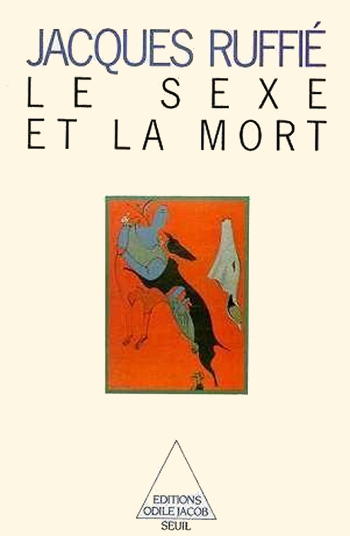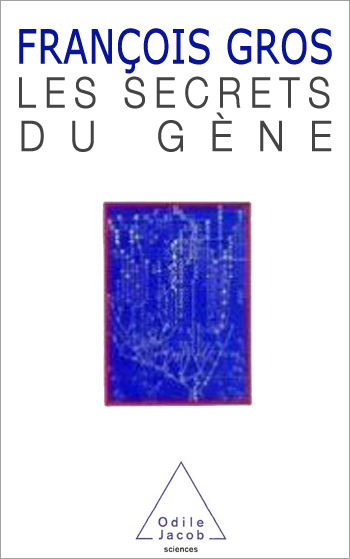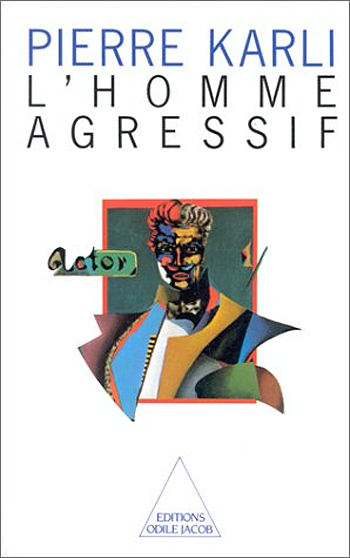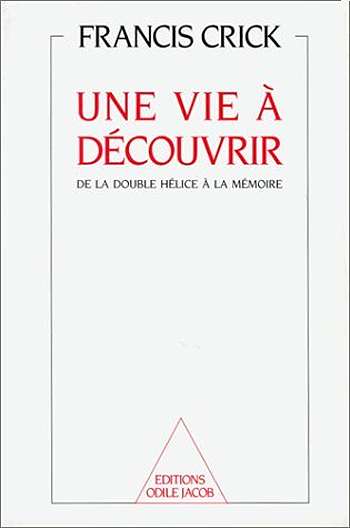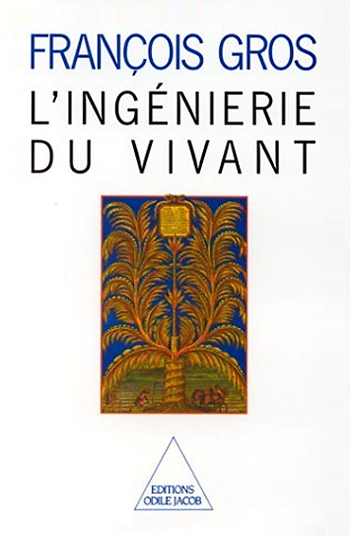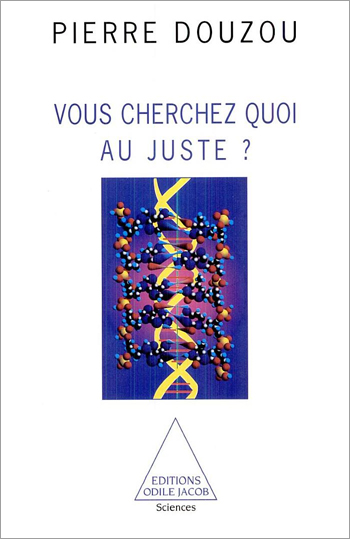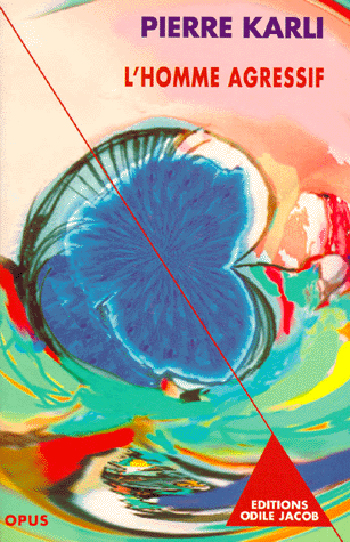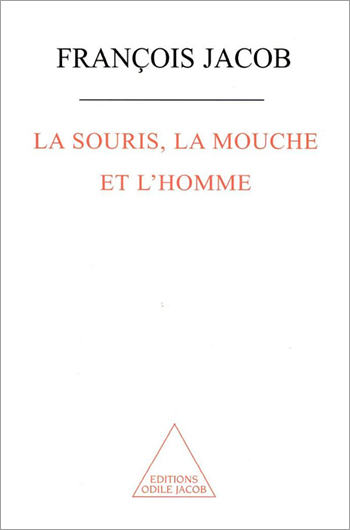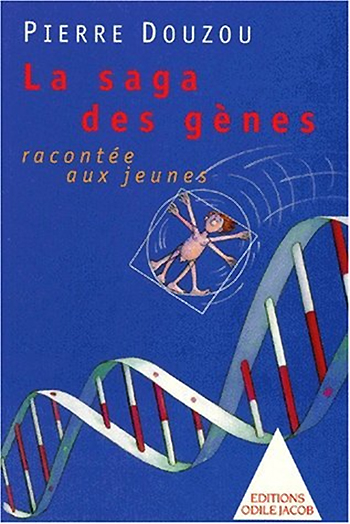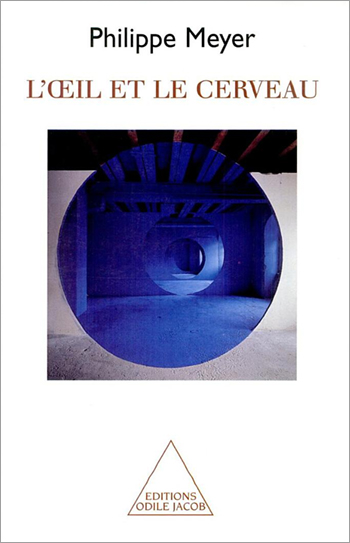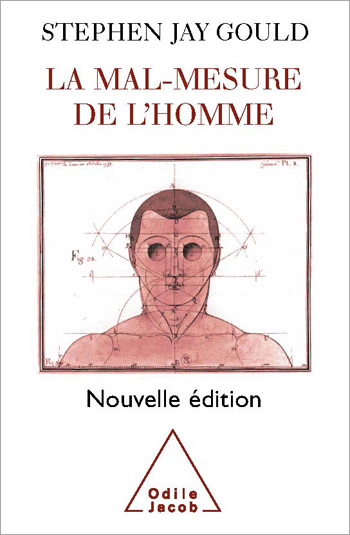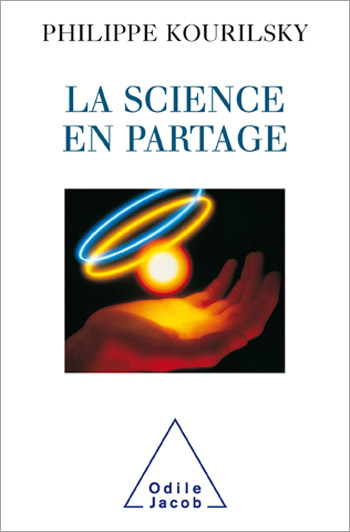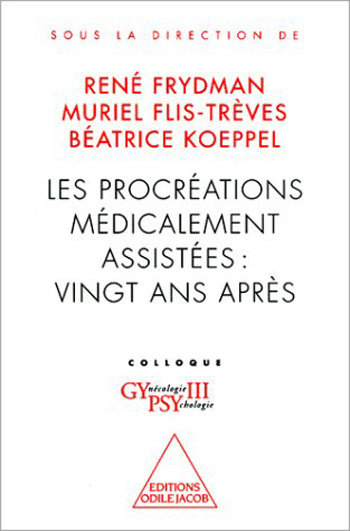Biology All books
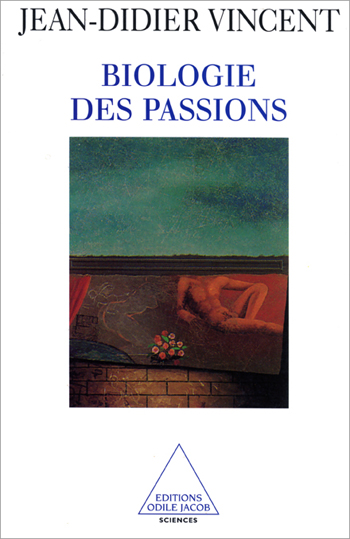
Jean-Didier Vincent
The Biology of Passions
What is it to love? Can one explain the love of Romeo for Juliet? What are desire, pleasure and pain, the taste for power and domination? Moving beyond the traditional split between body and mind, Jean-Didier Vincent proposes a new theory of emotions which brings harmony to our concept of mankind. Jean-Didier Vincent is a neurobiologist and director of the Alfred Fessard Institute of CNRS at Gif-sur-Yvette.
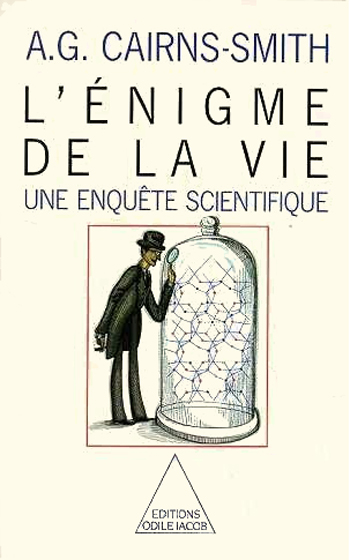
A. G. Cairns-Smith
Seven Clues to the Origin of Life A Scientific Detective Story
Sherlock Holmes would have certainly been interested to see his deductive methods applied to the resolution of a major scientific mystery: What is the origin of life? A. G. Cairns-Smith, the chemist and author of Genetic Takeover, a definitive technical work on the subject, conducts an investigation directly inspired by the famous detective.
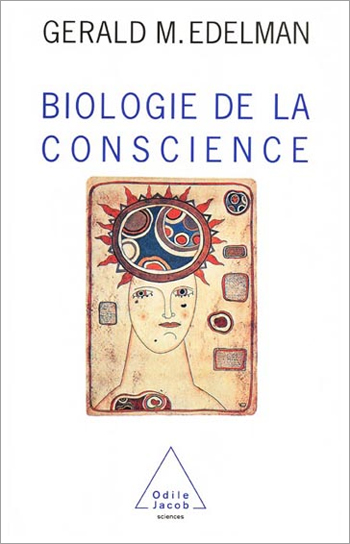
Gerald M. Edelman
The Biology of Consciousness
How do we think? What makes us beings that are endowed with conscience, capable of memory, of perceiving the surrounding world, of feeling passion? This book presents an ensemble of mechanisms that compose the human spirit and addresses the progress of the neuroscientific revolution: the biology of the brain and the study of its evolution are in the process of surrendering to us the key to conscience itself. Gerald. M. Edleman, winner of the Nobel Prize for medicine, heads the Institute of Neurosciences at La Jolla, California.
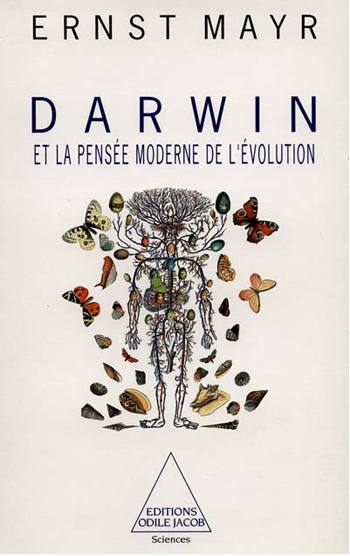
Ernst Mayr
One Long Argument: Charles Darwin and the Genesis of Modern Evolutionary Thought (Questions of Science)
Without Darwin, our knowledge of the living would not be what it is today. But who was really the author of The Origin of Species? Why did these hypotheses lead to one of the most important scientific revolutions of our time? To what questions was Darwin unable to find an answer? Ernst Mayr is a professor emeritus at Harvard University.
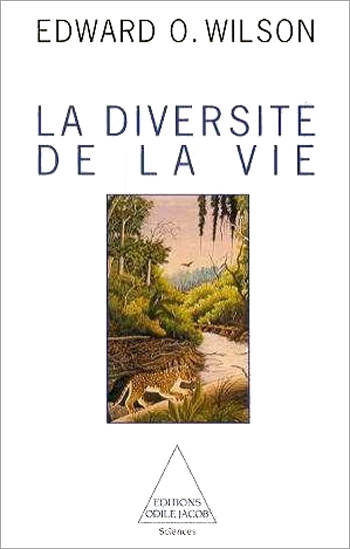
Edward O. Wilson
The Diversity of Life
What are the mechanics of evolution? What is the force behind diversity and the proliferation of the species? Why does nature never stop inventing new forms of life? What is the effect of great catastrophes on the evolution of the species? What is the real effect of human action on nature? A professor at Harvard University, Edward O. Wilson is one of the most important theoricians of biological evolution. He is also one of the most ardent lobbyists for the preservation of nature.
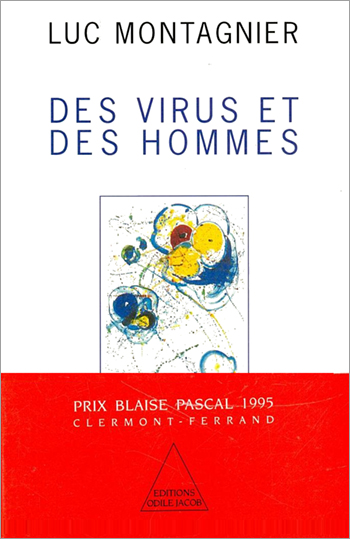
Luc Montagnier
Viruses and Man
Luc Montagnier is the person who, with his team of the Pasteur Institute, discovered in 1983 the virus responsible for AIDS. He tells about the research work which led him to this discovery. He sums up the knowledge we have of this virus, its origin and the way the disease develops. He gives the state of research today and his hopes.

Jean-Didier Vincent
The Biology of Passions (New Edition)
"A fascinating book, which demonstrates that the ensemble of the brain, neurons, and synapses is literally immersed in a chemical sea. We must rid ourselves of the notion that the brain is a supercomputer." Le Figaro
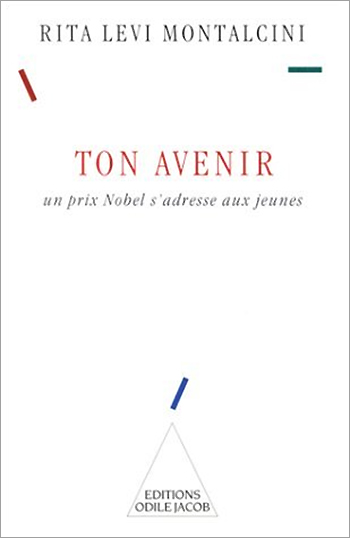
Rita Levi Montalcini
Your Future A Nobel Prize which speaks to young people
When a great scientist makes a point of getting through to young people and those around them.... When a Nobel prize brings within everyones reach all the key principles of biology.... When an exceptional woman passes down to new generations the values on which she has based her life.... Science with a conscience ! Rita Levi Montalcini recieved the Nobel Prize for Medicine. Born in Turin, but forced from Italy by the Fascism, she has for many years taught in the United States.
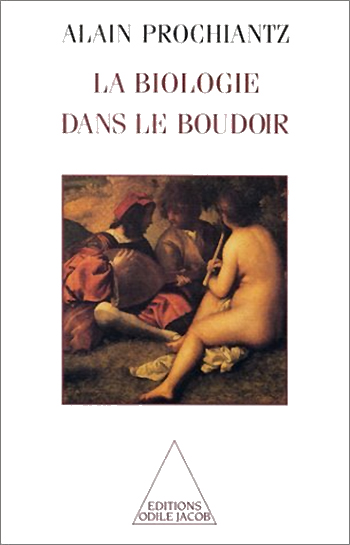
Alain Prochiantz
Biology in the Bedroom
Inspiring himself from La Philosophie dans le boudoir by Sade and the major philosophical works of the 18th century, Alain Prochiantz, who is a neurobiologist, explains by means of a dialogue, the progress of embryology and neurobiology and gives us the elements so that we can understand and measure the stakes of the recent discovery of the genes of development. Alain Prochiantz heads the Laboratory for the Development and Evolution of the Nervous System at the École normale supérieure. He is notably the author of Strategies of the Embryo, and Claude Bernard, the Physiological Revolution.
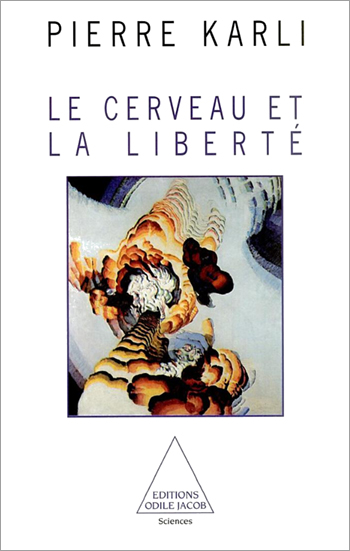
Pierre Karli
The Brain and Freedom
What is the relationship of man with the world, the others, with himself? To this perpetual question, many answers have been given by the various, religious or philosophical systems of thought. Pierre Karli, a neurophysiologist, proposes to look in the direction of science. He shows, by synthesizing the most advanced scientific works, how individual freedom finds its roots at the very heart of the brain.
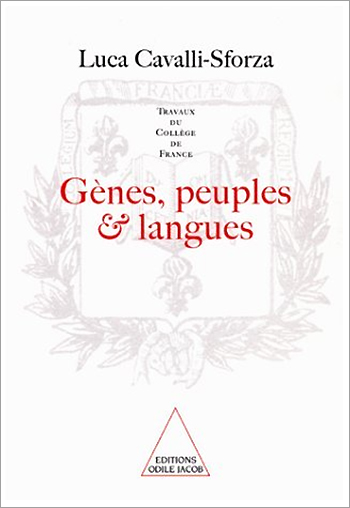
Luca Cavalli-Sforza
Genes, People and Languages (Work of the Collège de France)
How is culture passed on ? Is it possible to reconstruct the history of the evolution of the human species using genetic information from existing populations ?
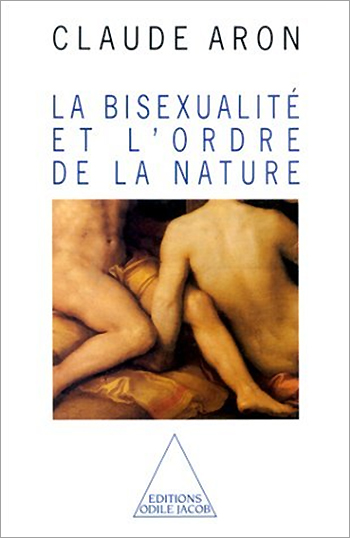
Claude Aron
Bisexuality and the Order of Nature
Our sex defines our identity before we are even named - "It's a boy" or "It's a girl" is the traditional welcome we receive in this world. Similarly, throughout our entire life, our gender defines our diverse social roles. Yet, this book shows how nature presents us with only one model, that of bisexuality. Endocrinian manipulations have shown that it is possible to change from one sexuality to another in a reversible manner. This book is key reading in the debate about the genetic character, or not, of homosexuality. Claude Aron, a specialist in in the physiology of reproduction, is also an honorary professor of the Louis-Pasteur University in Strasbourg.
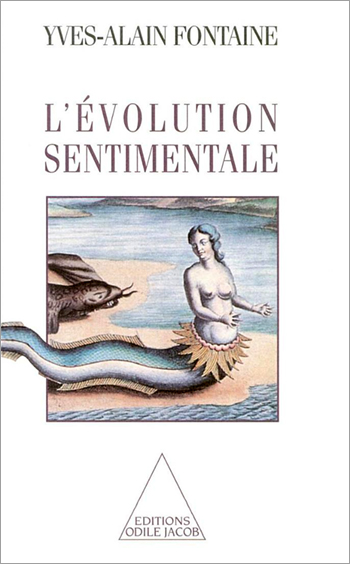
Yves-Alain Fontaine
The Sentimental Evolution
In the course of development, our way of living is fashioned by the world around us, but it is also shaped by discrete characteristics such as nature and the intensity of emotions like anxiety and egoism. From this point of departure, the author draws analogies about the ways in which we are human individuals and members of a species, and proffers the theory that, in the evolutionary process, there is also a sort of anxiety and egoism at work. Evolution, he suggests, might very well be both sentimental and selective. Yves Alain Fontaine is an honorary professor at the National Museum of Natural History.

Richard Dawkins
The Selfish Gene
The Selfish Gene has been described as the most important book about evolutionary theory since Darwin. According to Dawkins theory of the selfish gene, natural selection does not take place on the level of the species or of the individual but rather among genes. Dawkins argues that human beings are programmed to preserve their selfish molecules, which are known as genes. Dawkins brilliant style shows that complex scientific ideas can be explained and made accessible to the general public, and that biology can be as exciting as an adventure story. Richard Dawkins is a renowned evolutionary biologist.
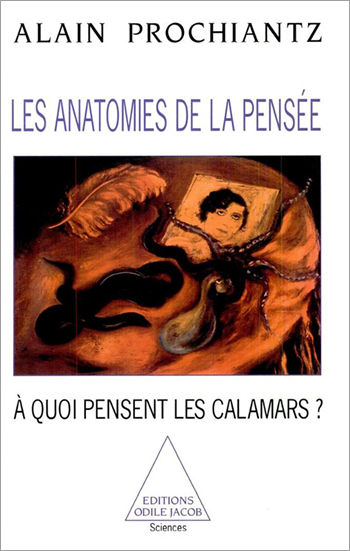
Alain Prochiantz
The Anatomies of Thought What do squid think about ?
When we watch a squid facing up to a predator, we see it recoil, agitate the tentacles, spray a jet of ink, and then make use of the temporary blindness of the predator in order to escape to a safe hiding place. Are we able to say what it is thinking ? Evidently, we know that this behaviour is not the result of a reflex unleashed by the sight of an enemy. The mollusc is not however conscious of its acts, at least not in the sense that we, as human beings, understand this term. It is true that we are the product of a evolution of species, and that, although this may not be welcome news for everyone, we share a common ancestry with the octopus, or even the fly. Even if the structure of our cortex, and the invention of language allows us to write about octopuses (or flies), and not the other way round, the fact remains that these evolutive roots, in the same way as other animal species, including invertebrates, have something to teach us about the nature of our thoughts. Alain Prochiantz
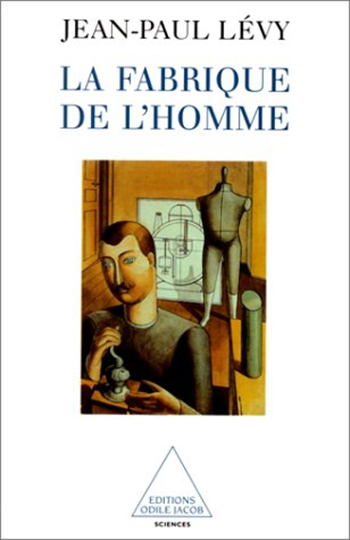
Jean-Paul Lévy
The Making of Man
Jean-Paul Lévy's book is marked by a resolutely materialistic reflexion, characteristic of biologists : the only thing that distinguishes man from all other living things is the capacity to reason. From this prospective, he explains how a human body is constructed, how and why it produces thoughts and why, one day, it finally ceases to function and dies. His thought process leads to a materialistic solution of the problem of the union of the body and soul. Jean-Paul Lévy is a hematologist and immunologist. He heads France's National Agency for AIDS Research

Rita Levi Montalcini
Praise of Imperfection New Edition
Rita Levi Montalcini's life has been entirely dedicated to scientific research. She grew up in a tightly knit Jewish family and studied medicine in Turin. Forced into inactivity by the racist laws of Fascist Italy, she set up a makeshift laboratory in her bedroom and began studying the development of the nervous system. Her research, which she completed in the United States after the war, led to the discovery of the nerve growth factor whose role is to stimulate the growth of nerve fibres. Her autobiography, written with warmth and simplicity, traces the progress of her life, including being awarded the Nobel Prize for Medicine.
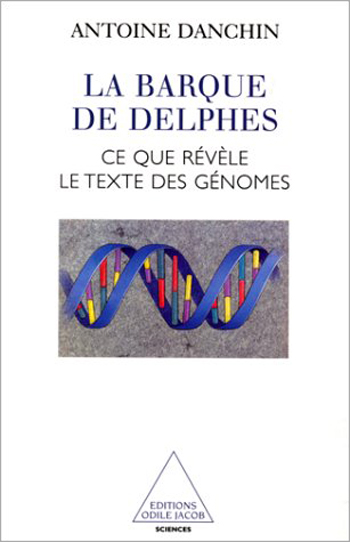
Antoine Danchin
The Delphic Boat What Genomes Tell Us
What is it that constitutes the unity and identity of a living creature ? This is the fundmental question of biology. The recent sequencing techniques provide a completely new response to this question, notably thanks to the knowledge of whole genomes. Antoine Danchin establishes a clear picture of this important biological discovery. He shows in particular that, just like the boat of Delphi, life is beyond prediction, and at the same time has an infinite capacity to create the unexpected. Antoine Danchin is the director of the Department of Biochemistry and Molecular Genetics at the Institut Pasteur.

